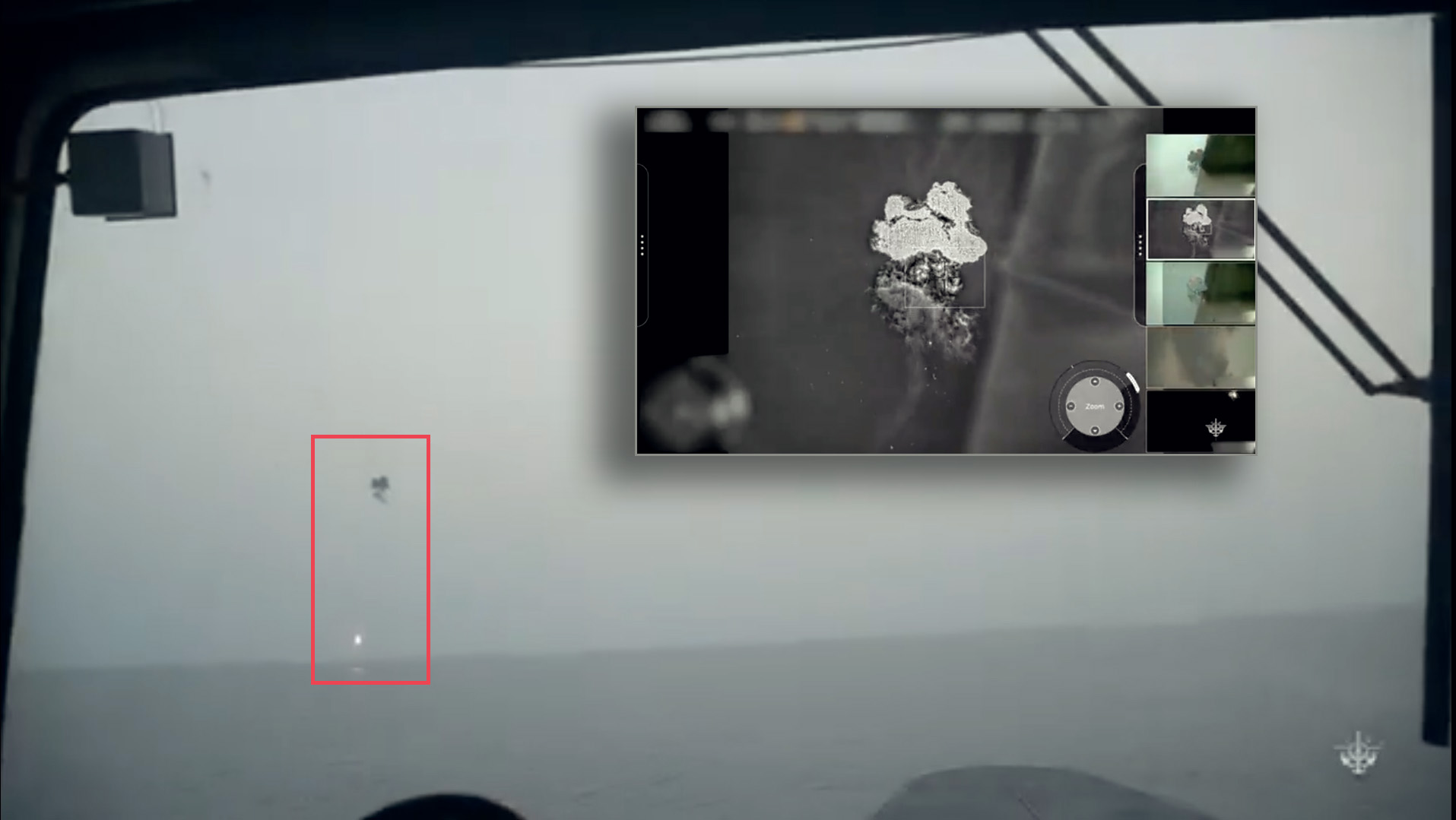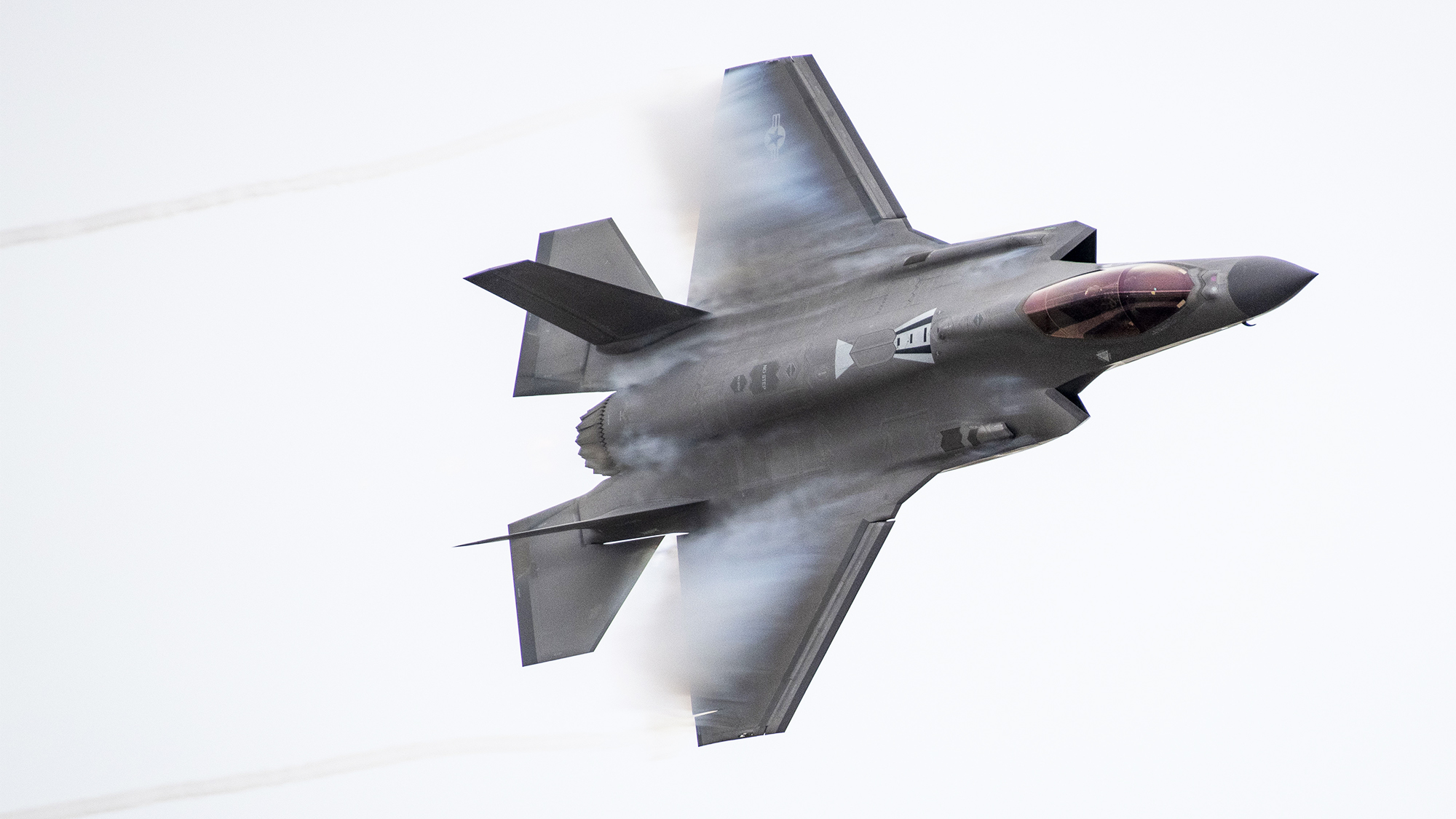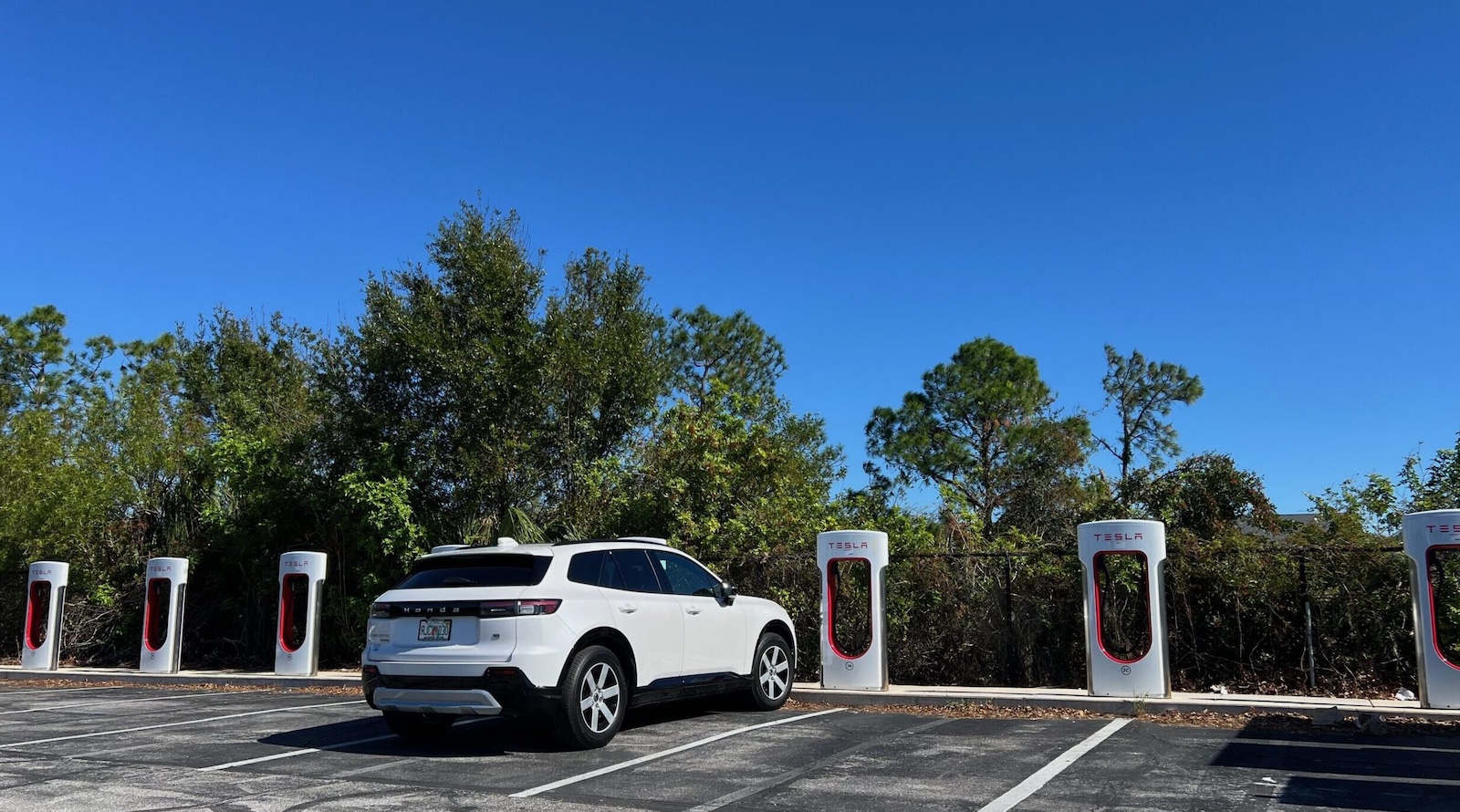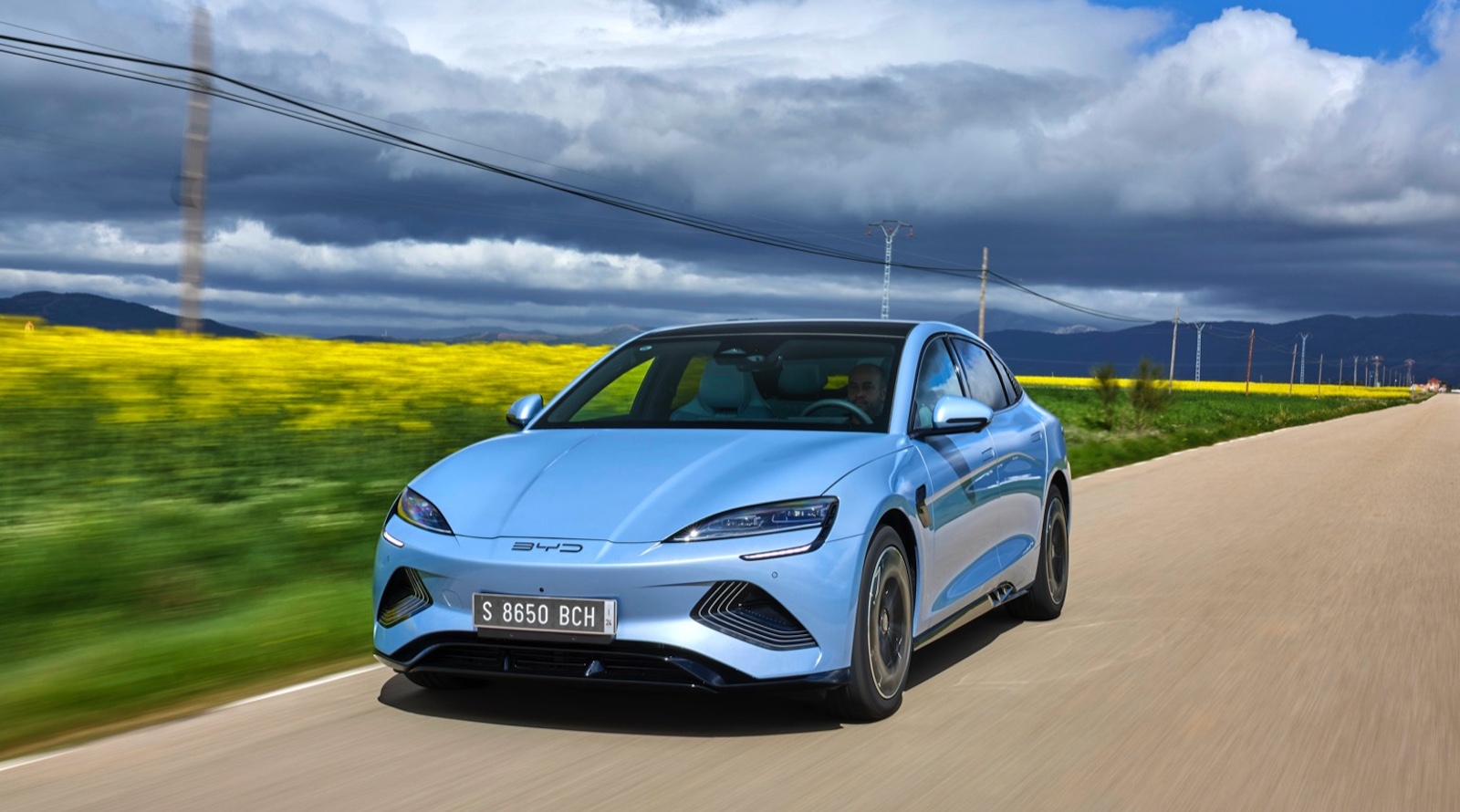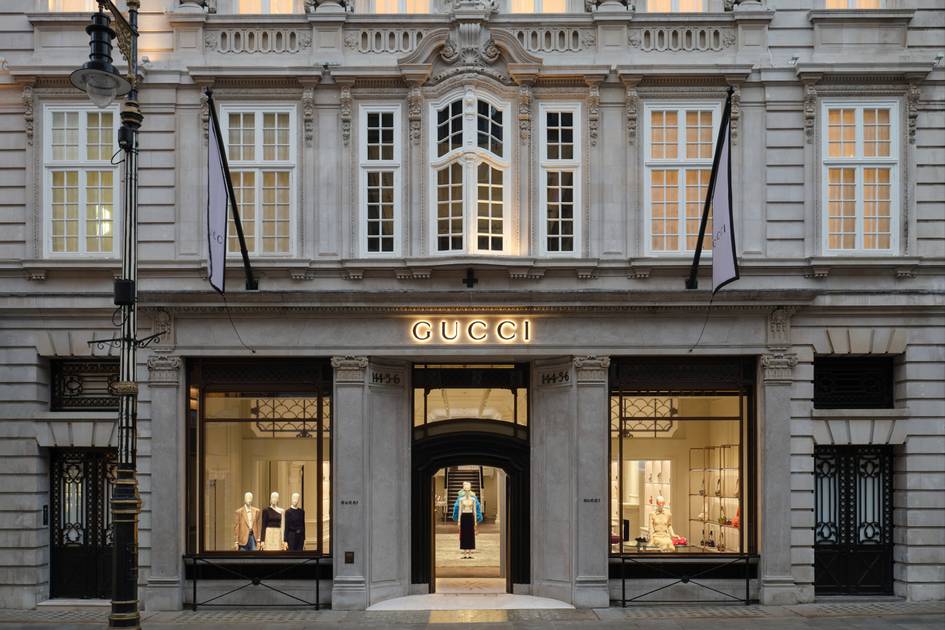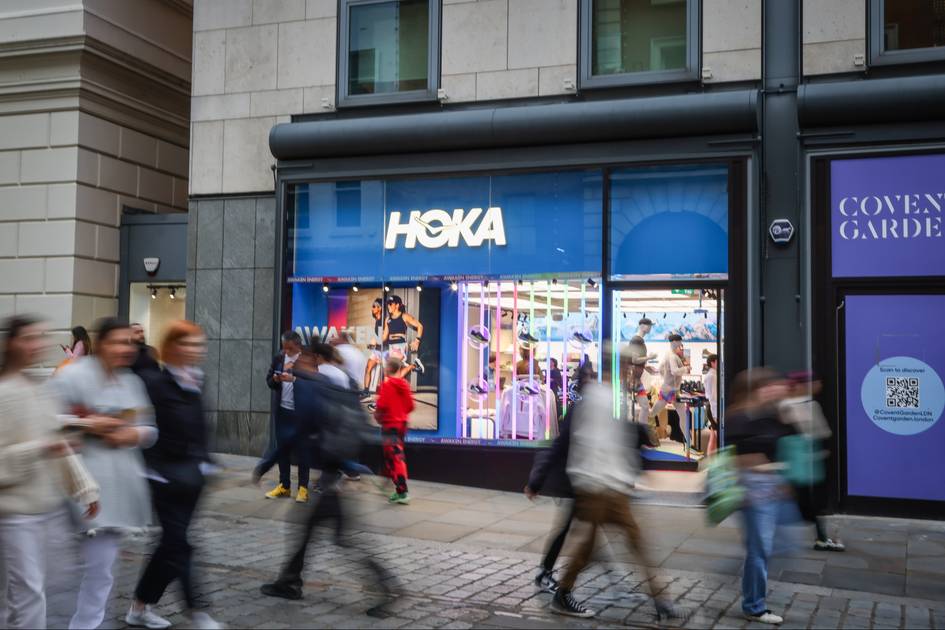Chinese firms almost double UK market share on electrified demand
MG led Chinese car makers in the UK but big growth came from newcomers BYD, Omoda and Jaecoo Sales of cars from Chinese brands in the UK grew 88% in March, as brands including BYD, MG, Omoda and Jaecoo expanded their footprint here. Chinese brands sold 28,883 cars in March to give them a market share of 7.5%, up from 4.0% in March 2024, according to figures published by the Society of Motor Manufacturers and Traders. In the first three months of 2025, the Chinese share was 7.0%. The growth came from newcomers such as BYD, which sold 6480 cars, up 754% on the year before. SAIC-owned MG led the Chinese cohort with 15,876 sales, up 23%, on the back of the increased popularity of the HS and ZS SUVs, which finished seventh and ninth in the overall top 10 for the month. Also boosting the Chinese share were Chery-owned arrivals Omoda and Jaecoo, which together sold almost 4000 cars, beating established brands such as Citroën, Fiat, Jeep, Lexus and Suzuki. The definition of what includes a Chinese brand is muddied by the global footprint of Geely, but for the purpose of this analysis, we haven’t included Lotus, Polestar or Volvo, which produce a proportion of their models outside China. If we had included them, the Chinese share of the UK market in March would have risen to 12%. The rapid expansion of Chinese brands in the UK market has been accelerated by the shift to electrification, including hybrids, plug-in hybrids and electric cars. They accounted for 11% of all electric cars sold here in March, led by the BYD Seal saloon, with 2094 sales – enough to place it sixth in the EV chart, ahead of the BMW i4 and Skoda Enyaq. The MG 4 EV hatchback was ninth. China’s EV leadership put it ahead of Korean brands, which accounted for 9.2% of EV sales in March. Japanese brands took just 3.2% of EV sales, signalling a fundamental weakness in their line-ups as legislation forces the pace of the EV shift. PHEVs have also become a core competence for Chinese brands. BYD topped the UK's PHEV model chart in March with the Seal U, registering 2972 sales, putting it head of long-time leader the Ford Kuga. Overall, Chinese brands logged 15% of all PHEV sales in the month, with BYD’s success augmented by PHEV versions of the MG HS and Jaecoo 7 small SUVs. Chinese brands are also making inroads in the hybrid market, with MG becoming the fourth biggest hybrid brand in the month after Toyota, Nissan and Renault. MG’s rapid rise has been driven by the success of the ZS hybrid SUV, the second best-selling hybrid in March after the Toyota Yaris. It's rare in UK automotive history that relatively unknown brands have made such an impact in such a short space of time, but changing precipitations of competence around electrification have helped. “Customers see electric cars as a technology platform with no emotional baggage attached to it,” Guy Pigounakis, MG Motor UK's commercial director, told Autocar. “That’s probably why some of the new entrants have established themselves so quickly. When it comes to electric powertrains, they’ve got at least the same amount of background as any of the legacy brands, probably more so.” Chinese brands have also been helped by keen pricing at time when the average pricing of new cars has shot up, giving customers the chance to buy new electrified technology at prices equal to or below that which established brands are charging for conventional ICE models. The Seal U PHEV SUV. for example, is at £33,315 almost £7000 cheaper than the entry version of the similar-size Volkswagen Tayron. Chinese brands are being helped by the fact that the UK chose not to follow the EU and raise the import tax on China-built EVs. The taxes were imposed after the EU calculated that Chinese brands were keeping prices low partly through state support and calculated rates judged to level the playing field for European manufacturers. The sheer size, financial clout and ambition of the biggest Chinese manufacturers are given them market presence in a way that start-ups haven't been able to replicate. For example, Chery’s Omoda and Jaecoo brands now boast more than 70 dealers in the UK, located from Aberdeen to Plymouth, while BYD targets having 120-150 dealers here within the next two years. BYD, the global sales leader in EVs and PHEV, aims to be within “touching distance of everybody that needs to buy a car”, UK sales and marketing chief Steve Beattie told Autocar recently. In the same interview, he pledged to make BYD the UK’s biggest brand outright. Other Chinese brands are coming. Tesla-rival Xpeng sold 36 cars in March in advance of its tech-driven push into the EV space with the G6, while Stellantis-backed Leapmotor opened its account here with 193 sales of its C10 SUV and T03 city car. Those who have pledged to follow include state-owned giant GAC, which is aiming for the budget end of the EV market with a rival for the MG 4 EV and a bigger SUV. Innovative battery-swapping EV maker Nio has also promised a UK roll-out
Sales of cars from Chinese brands in the UK grew 88% in March, as brands including BYD, MG, Omoda and Jaecoo expanded their footprint here.
Chinese brands sold 28,883 cars in March to give them a market share of 7.5%, up from 4.0% in March 2024, according to figures published by the Society of Motor Manufacturers and Traders.
In the first three months of 2025, the Chinese share was 7.0%.
The growth came from newcomers such as BYD, which sold 6480 cars, up 754% on the year before.
SAIC-owned MG led the Chinese cohort with 15,876 sales, up 23%, on the back of the increased popularity of the HS and ZS SUVs, which finished seventh and ninth in the overall top 10 for the month.
Also boosting the Chinese share were Chery-owned arrivals Omoda and Jaecoo, which together sold almost 4000 cars, beating established brands such as Citroën, Fiat, Jeep, Lexus and Suzuki.
The definition of what includes a Chinese brand is muddied by the global footprint of Geely, but for the purpose of this analysis, we haven’t included Lotus, Polestar or Volvo, which produce a proportion of their models outside China. If we had included them, the Chinese share of the UK market in March would have risen to 12%.
The rapid expansion of Chinese brands in the UK market has been accelerated by the shift to electrification, including hybrids, plug-in hybrids and electric cars.
They accounted for 11% of all electric cars sold here in March, led by the BYD Seal saloon, with 2094 sales – enough to place it sixth in the EV chart, ahead of the BMW i4 and Skoda Enyaq. The MG 4 EV hatchback was ninth.
China’s EV leadership put it ahead of Korean brands, which accounted for 9.2% of EV sales in March.
Japanese brands took just 3.2% of EV sales, signalling a fundamental weakness in their line-ups as legislation forces the pace of the EV shift.
PHEVs have also become a core competence for Chinese brands. BYD topped the UK's PHEV model chart in March with the Seal U, registering 2972 sales, putting it head of long-time leader the Ford Kuga.
Overall, Chinese brands logged 15% of all PHEV sales in the month, with BYD’s success augmented by PHEV versions of the MG HS and Jaecoo 7 small SUVs.
Chinese brands are also making inroads in the hybrid market, with MG becoming the fourth biggest hybrid brand in the month after Toyota, Nissan and Renault.
MG’s rapid rise has been driven by the success of the ZS hybrid SUV, the second best-selling hybrid in March after the Toyota Yaris.
It's rare in UK automotive history that relatively unknown brands have made such an impact in such a short space of time, but changing precipitations of competence around electrification have helped.
“Customers see electric cars as a technology platform with no emotional baggage attached to it,” Guy Pigounakis, MG Motor UK's commercial director, told Autocar.
“That’s probably why some of the new entrants have established themselves so quickly. When it comes to electric powertrains, they’ve got at least the same amount of background as any of the legacy brands, probably more so.”
Chinese brands have also been helped by keen pricing at time when the average pricing of new cars has shot up, giving customers the chance to buy new electrified technology at prices equal to or below that which established brands are charging for conventional ICE models.
The Seal U PHEV SUV. for example, is at £33,315 almost £7000 cheaper than the entry version of the similar-size Volkswagen Tayron.
Chinese brands are being helped by the fact that the UK chose not to follow the EU and raise the import tax on China-built EVs.
The taxes were imposed after the EU calculated that Chinese brands were keeping prices low partly through state support and calculated rates judged to level the playing field for European manufacturers.
The sheer size, financial clout and ambition of the biggest Chinese manufacturers are given them market presence in a way that start-ups haven't been able to replicate.
For example, Chery’s Omoda and Jaecoo brands now boast more than 70 dealers in the UK, located from Aberdeen to Plymouth, while BYD targets having 120-150 dealers here within the next two years.
BYD, the global sales leader in EVs and PHEV, aims to be within “touching distance of everybody that needs to buy a car”, UK sales and marketing chief Steve Beattie told Autocar recently.
In the same interview, he pledged to make BYD the UK’s biggest brand outright.
Other Chinese brands are coming. Tesla-rival Xpeng sold 36 cars in March in advance of its tech-driven push into the EV space with the G6, while Stellantis-backed Leapmotor opened its account here with 193 sales of its C10 SUV and T03 city car.
Those who have pledged to follow include state-owned giant GAC, which is aiming for the budget end of the EV market with a rival for the MG 4 EV and a bigger SUV.
Innovative battery-swapping EV maker Nio has also promised a UK roll-out for its budget Firefly brand and Tesla-angled Onvo brand, with its flagship Nio models also a possibility.
Meanwhile, BYD is making bullish claims about its premium Denza brand.
Success isn’t guaranteed, though. Great Wall Motor (GWM) is struggling to make a dent with its Ora 03 hatchback, with sales down a massive 91% in March at just 31 units.
The company is now pinning its hopes on hybrid SUVs from its newly launched Haval budget brand.
China’s pressure on the UK market could potentially ease with news that the EU is considering axing tariffs in favour of either minimum pricing or quotas on Chinese EVs.
However, while the value gap remains between Chinese models and their more established counterparts, sales are expected to continue to grow at the same healthy rate.
| March 2025 | March 2024 | Change | |
| MG | 15,876 | 12,934 | +23% |
| BYD | 6480 | 759 | +754% |
| Omoda | 2082 | 0 | New |
| Jaecoo | 1786 | 0 | New |
| Smart | 385 | 306 | +26% |
| Leapmotor | 193 | 0 | New |
| Xpeng | 36 | 0 | New |
| GWM | 29 | 310 | -91% |
| Maxus | 10 | 1 | +900% |
| Skywell | 6 | 0 | New |
| Total | 26,883 | 14,309 | +88% |
| UK market share | 7.5% | 4.0% | +88% |











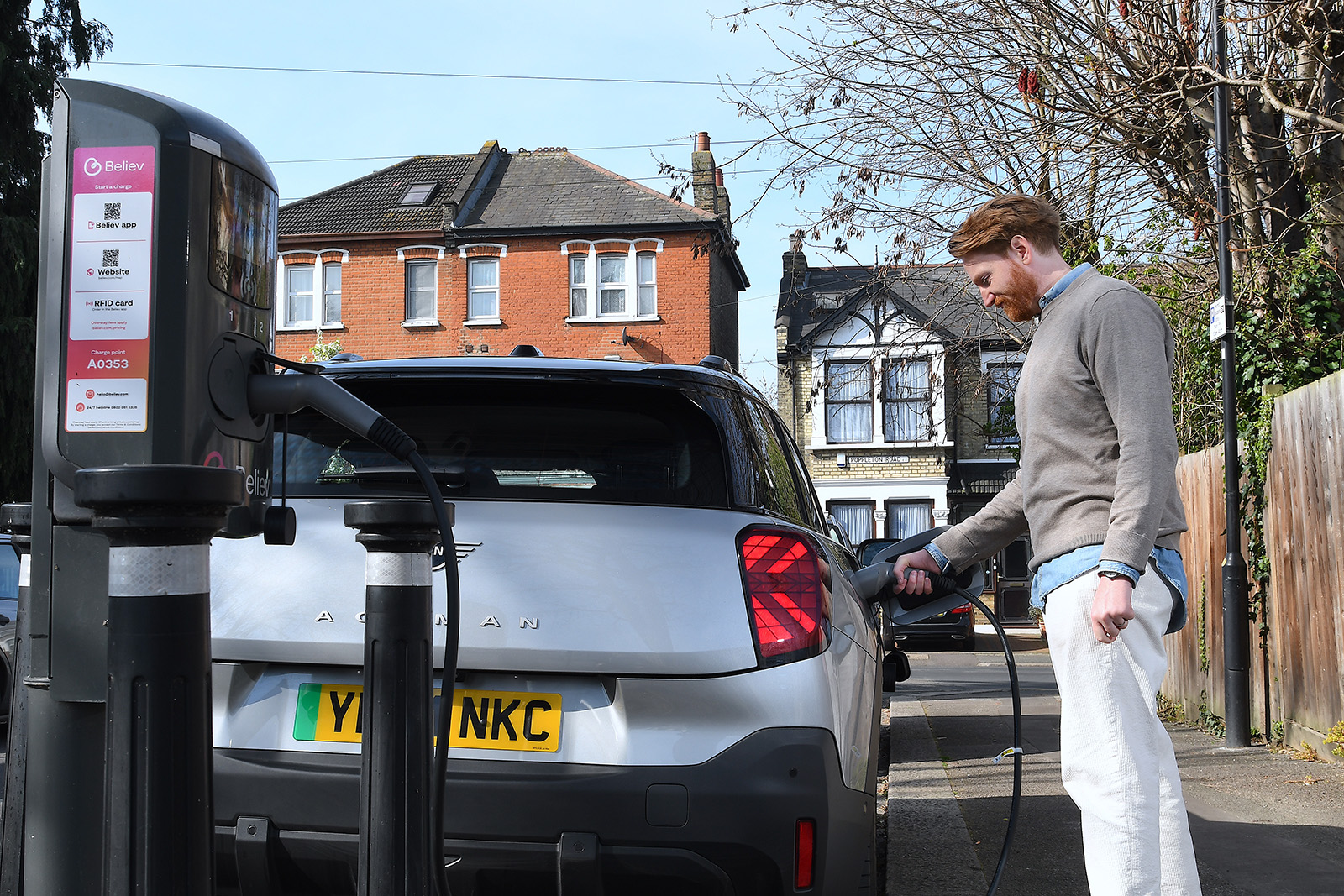
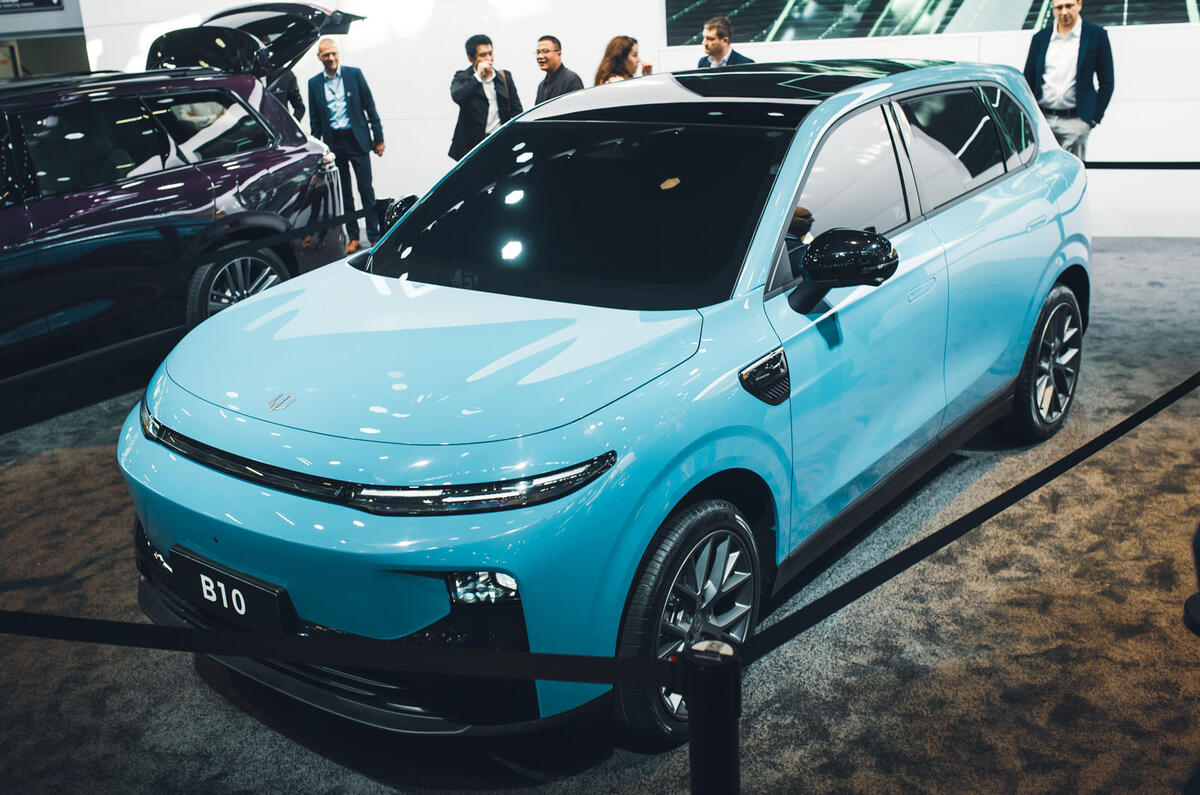









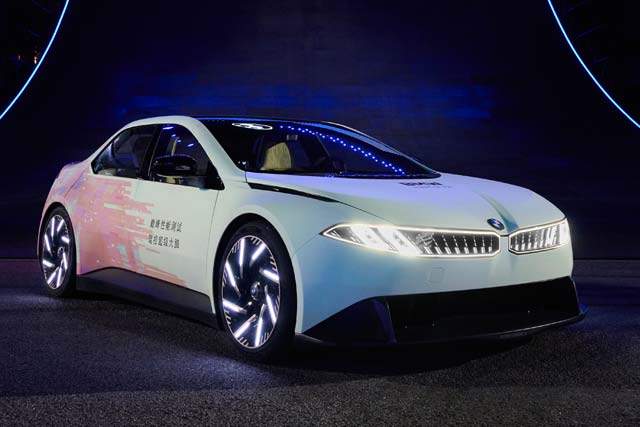

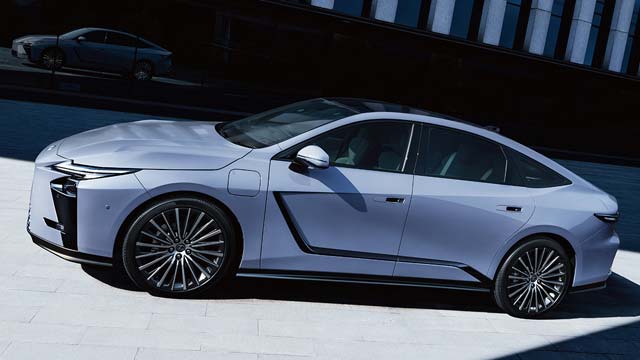
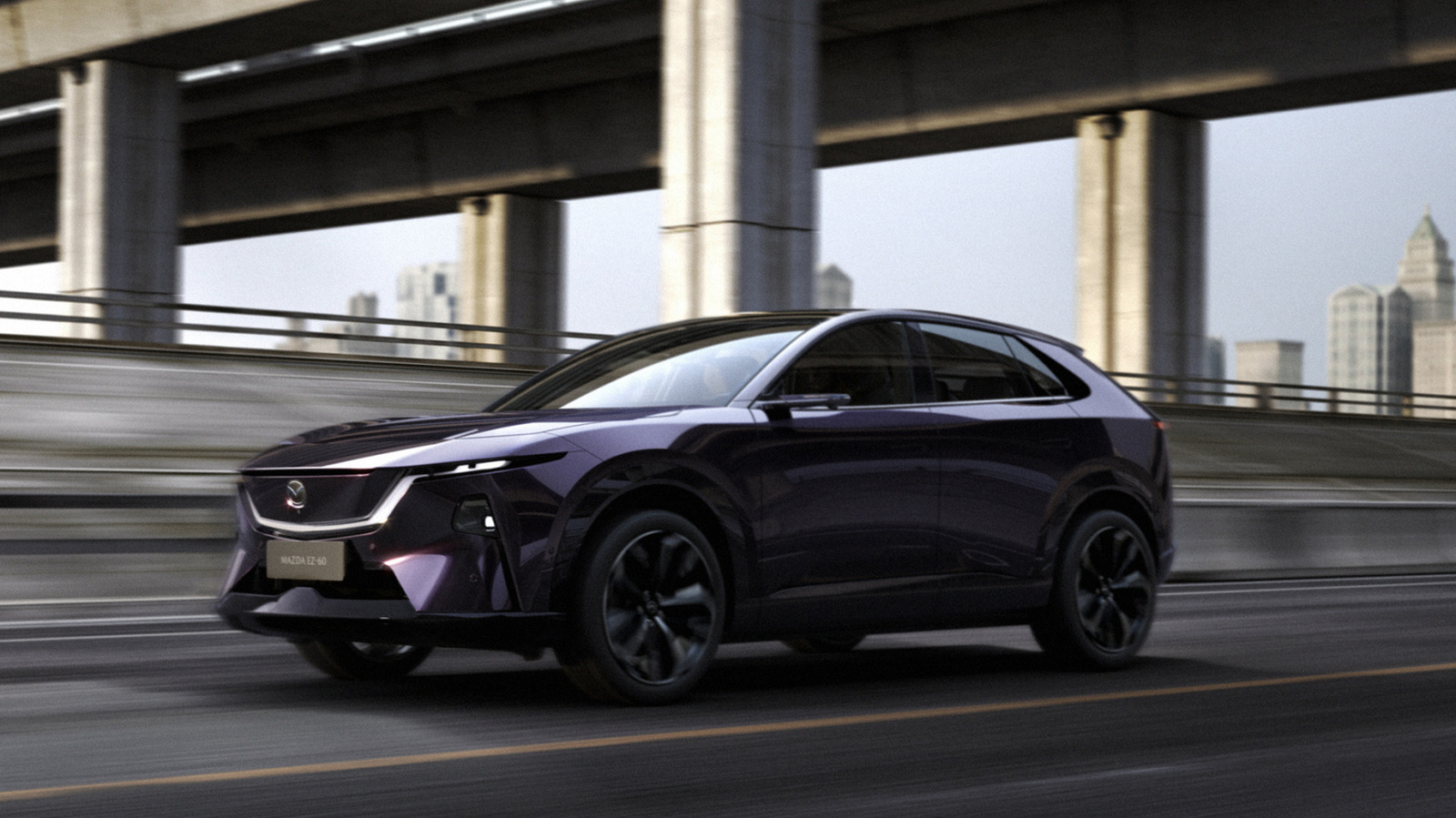

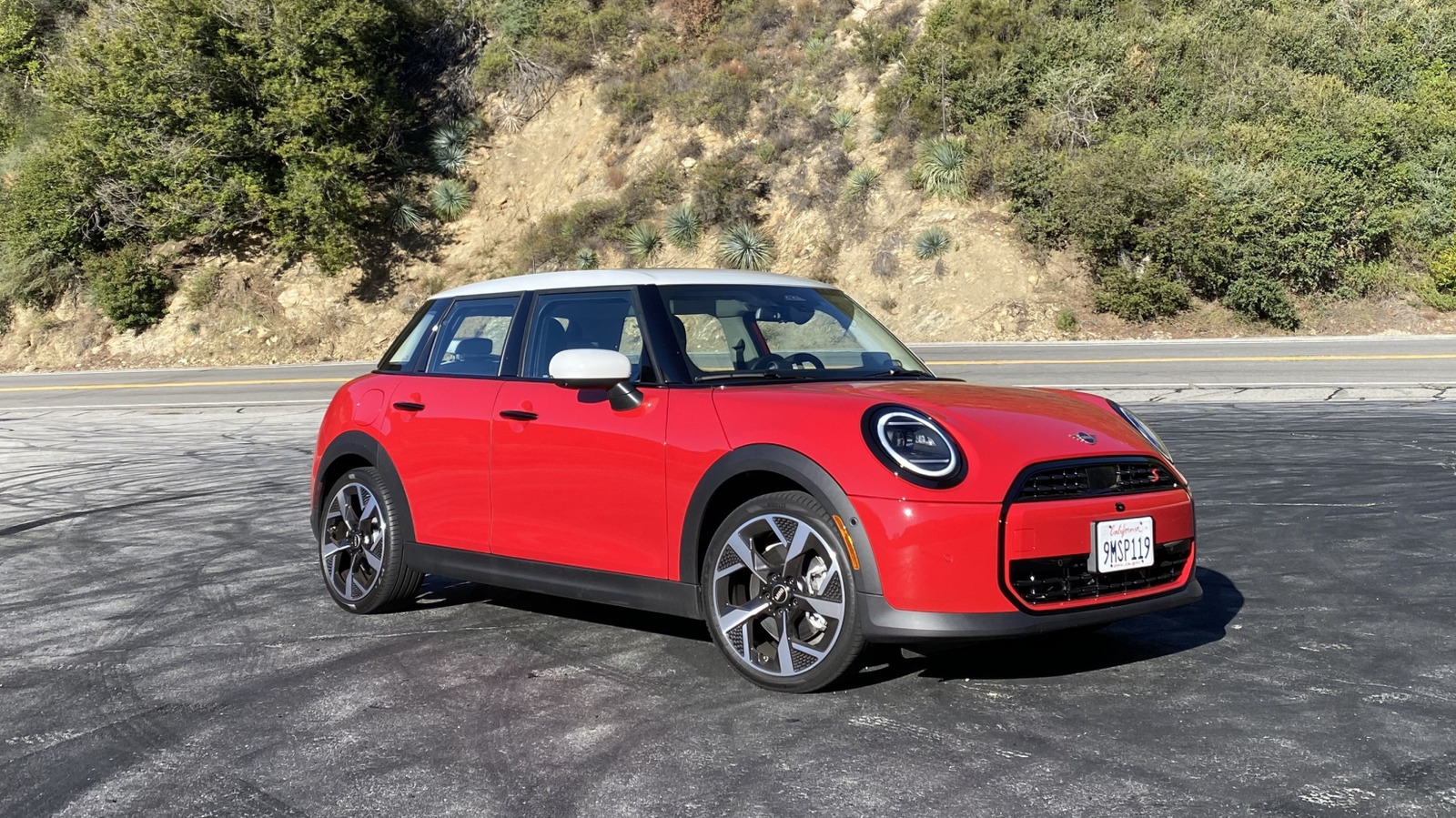

















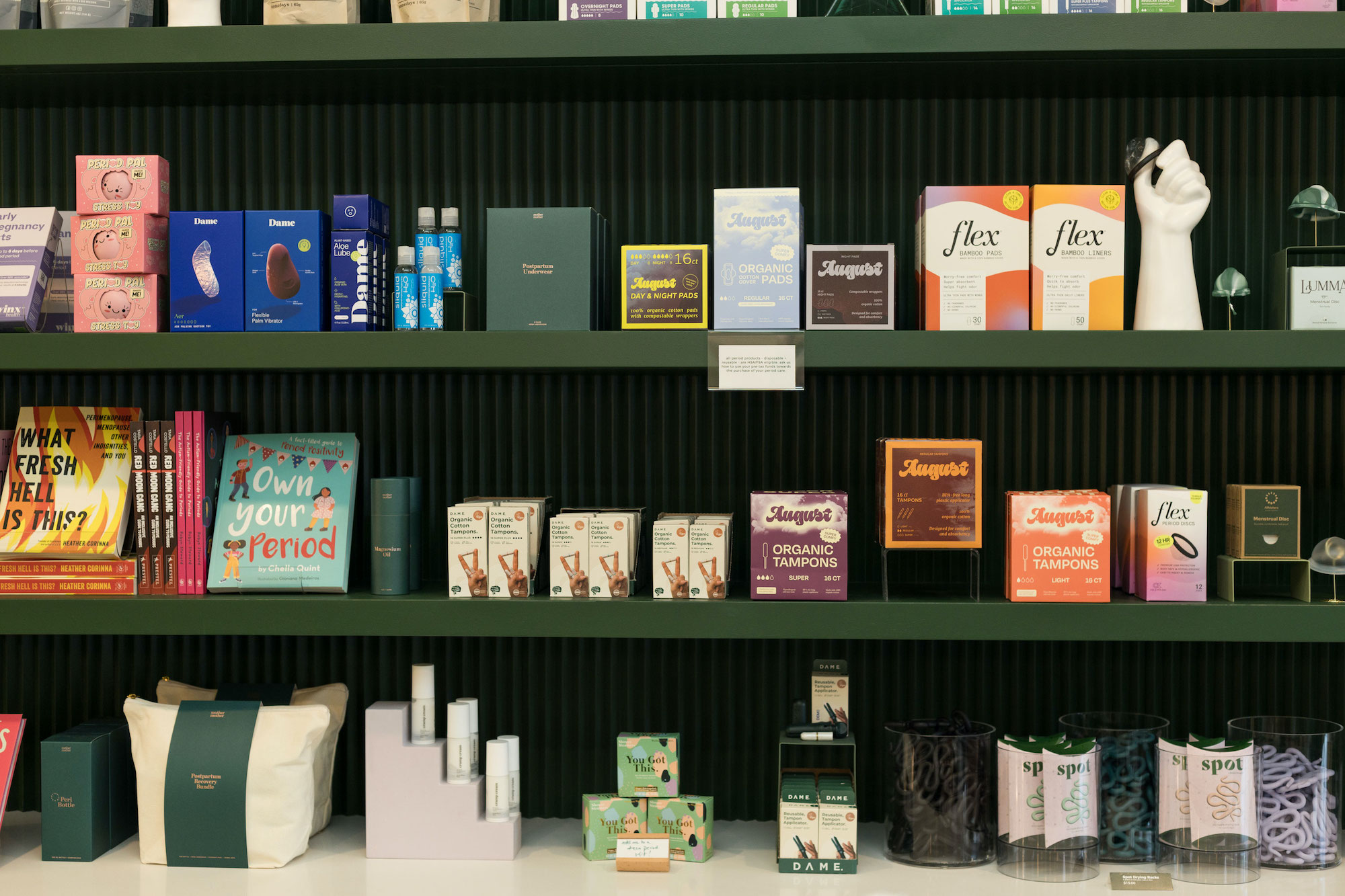
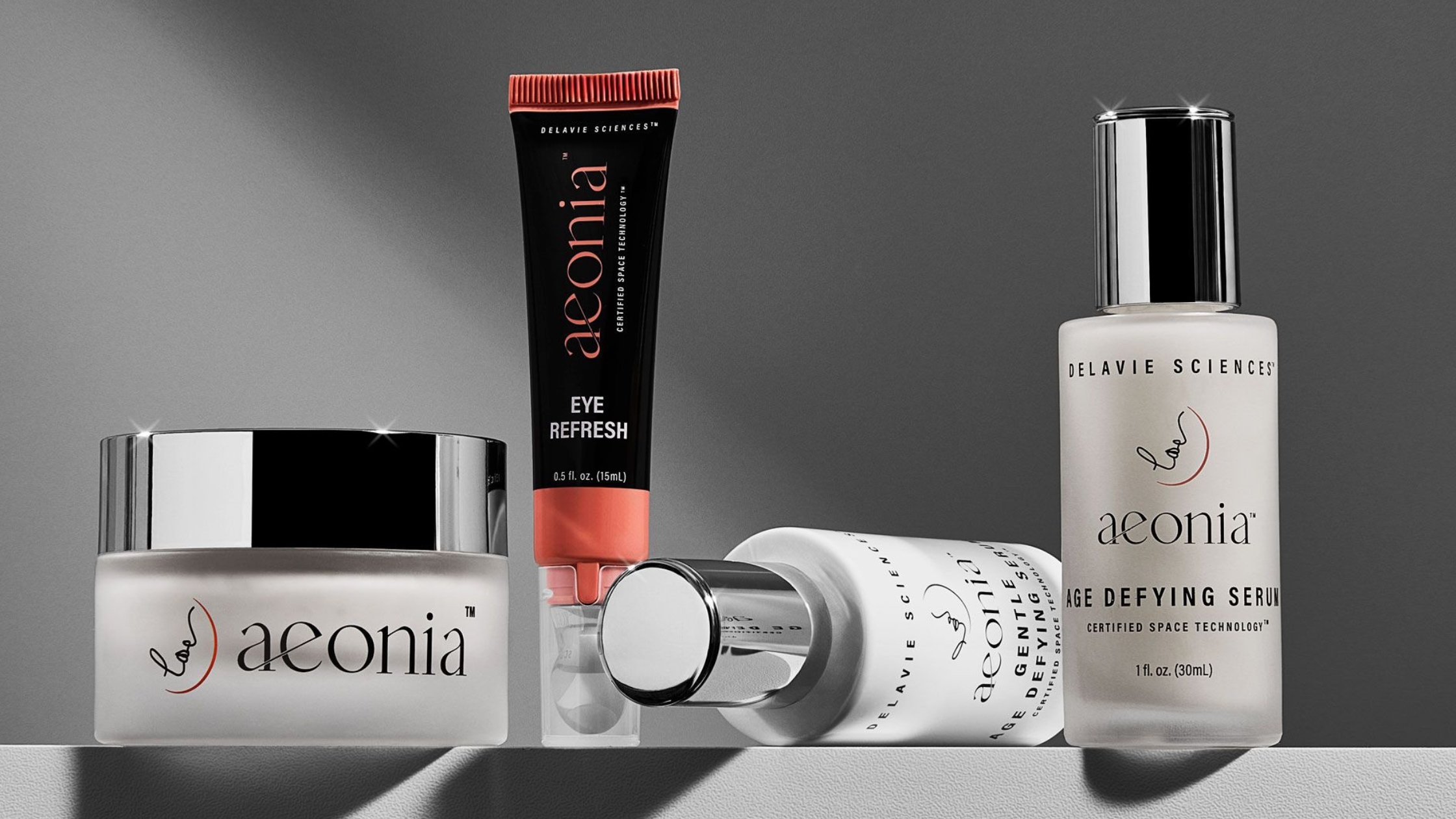

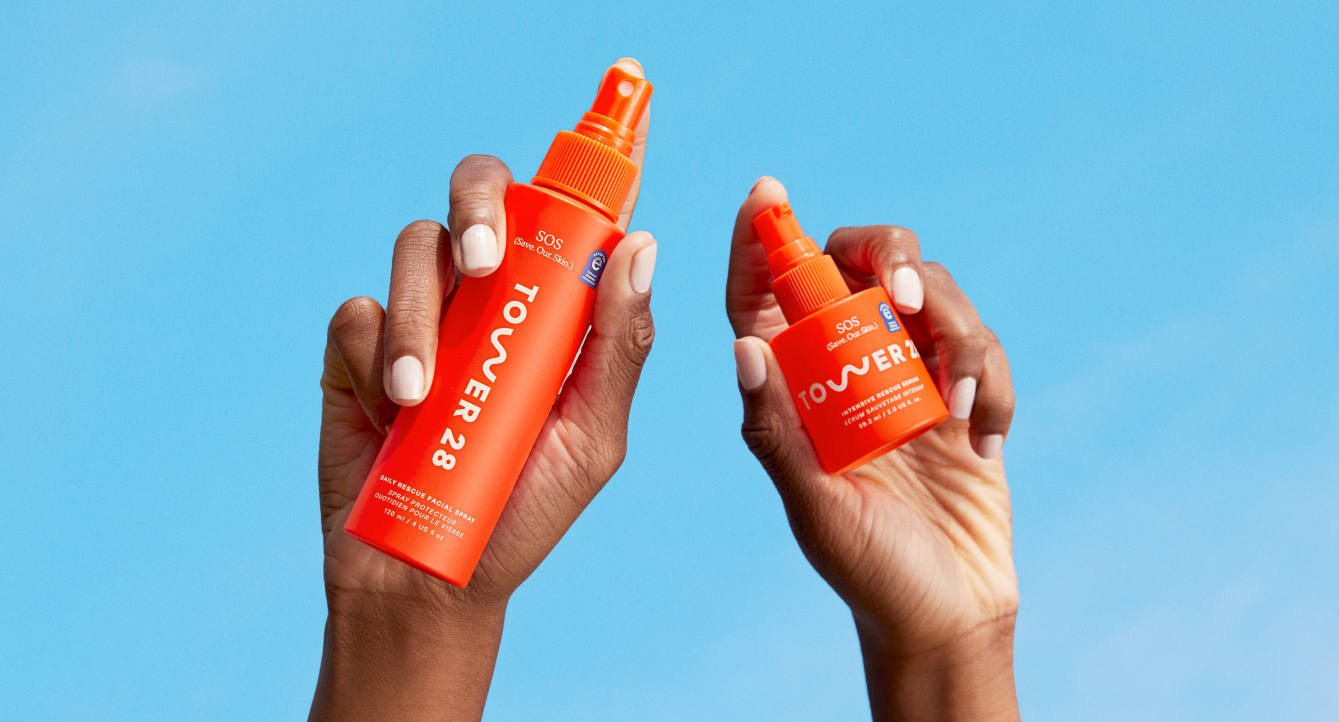


















![[Podcast] Behind the Breakthroughs: How Almac Powers Clinical Trial Success with Care](https://imgproxy.divecdn.com/5lAJkli_KcGt1FSsw4EaegjgP76IHREqYEWbhNBJOXw/g:ce/rs:fit:770:435/Z3M6Ly9kaXZlc2l0ZS1zdG9yYWdlL2RpdmVpbWFnZS9CaW9QaGFybWFEaXZlXzEzNDZfeF83MjlfQXJ0d29yay5qcGc=.webp)


















